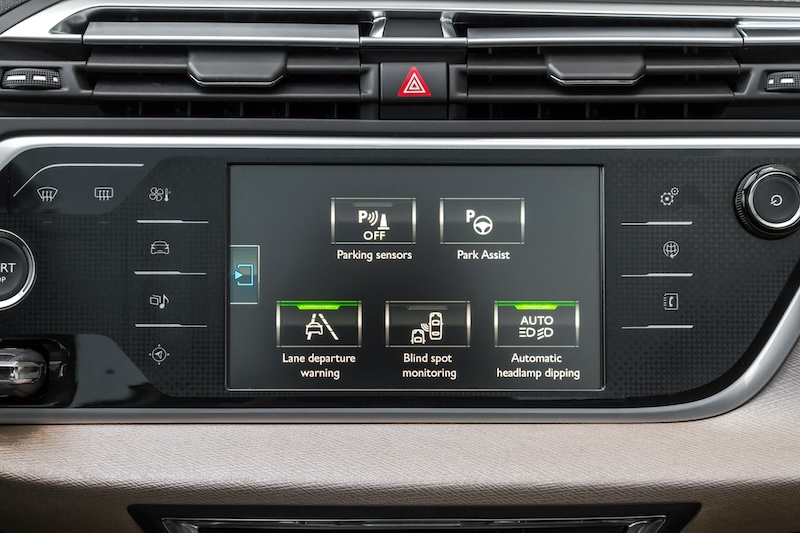Revealed: the most common motoring offences committed by young drivers

Do you steer clear of young drivers?
New data has revealed the most common driving offences committed by 16-25-year-olds last year and how likely they were to repeat the offence.
Full speed ahead
A staggering 81,509 offences were recorded for young drivers last year, including more than 60,000 incidents of speeding.
Driving without insurance was the next most common charge, with more than 6,367 penalties issued to under 25s.
Other offences included failing to identify the driver (1,955), running red lights (1,649) and driving without a valid licence (1,406).
Surprisingly, fines for using mobile phones were low on the list, with 1,270 recorded offences for tech-savvy GenZ drivers.
The data comes following a Freedom of Information request by car leasing provider, Moneyshake, to the Driving Vehicle Licensing Agency (DVLA).
Repeat offenders
While it’s understandable for young drivers to make mistakes, data also showed a worrying number of repeat offences in the 16-25 age group.
This is despite young drivers being more at risk of a driving ban, with new licence holders limited to just six penalty points for their first two years on the road.
A total of 4,371 young drivers committed multiple offences last year, with some breaking the law on up to five separate occasions.
Speeding drivers were by far the most likely to reoffend, accounting for close to 1,000 repeat charges.
This was followed by driving with defective tyres, which saw 89 repeat offences.
Common driving offences such as jumping lights or driving with faulty tyres carry minimum fines of £1,000 and three penalty points.
However, more serious offences like driving without due care and attention could see drivers face unlimited fines and up to 9 penalty points for a single offence.
New drivers who reach the six-point limit will automatically lose their licence and have to re-take their driving test.
Have you heard about the latest changes to the driving theory test? Here’s what to expect.


